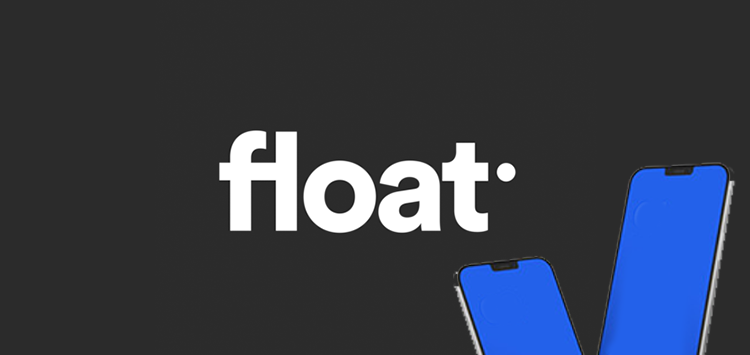Ghanaian Fintech platform, Float, which provides corporate credit lines, has secured $17 million in investment to expand its product offerings and geographical bandwidth. Techcrunch reports that the new seed round consisted of a $7 million equity investment and a $10 million debt investment.
According to the company, the recent funding will be put towards improving the company’s cash management platform and launching new credit solutions targeted at specific business verticals and industries.
Cauris, a debt financing company, provided the debt funding, while Tiger Global and JAM Fund co-led the equity portion. Other VC firms investing in the equity round also included Kinfolk, Soma Capital, Ingressive Capital, and Magic Fund.
Angel investors who took part in the funding rounds were Y Combinator’s CEO Michael Seibel, Sandy Kory of Horizon Partners, Ramp founders Karim Atiyeh and Eric Glyman, Gregory Rockson of mPharma, and Dutchie founders Zach Lipson and Ross Lipson.


Solving SMBs’ cashflow problems
Float is one of the many startups in Africa helping SMBs in one form or another to solve their cash flow problems.
The company, formerly known as Swipe, was founded in 2020 by CEO Jesse Ghansah and Barima Effah before it rebranded as Float and went live with its product offerings in June 2020.
According to the company, the CEO came up with the idea for the YC-backed Ghanaian fintech in 2016 while working at OMG Digital, a media firm he created that also went into YC.
The company has so far provided credit facilities to a lot of formal SMBs in Sub-Saharan Africa that can’t get the needed funding to expand their companies from traditional banks.
In addition to the flexible credit lines for businesses to bridge cash flow shortages, Float provides software solutions for businesses to manage accounts and wallets on one dashboard, as well as automate invoices, vendor or supplier payments, and invoice collections.
According to the company, it aspires to be Africa’s “financial operating system” for small and medium-sized businesses. Among the platform’s other capabilities are invoice advance, opening a business account, payment linkages, budget management, and spending cards.
Revenue advances and fast payouts are two new features that the company has lately launched. With the latter, Float hopes that small firms can use its platform to rapidly access their profits rather than relying on gateways, which can take days to process.


Its invoice factoring service enables firms with unpaid invoices to receive cash advances, all of which provide numerous types of credit for diverse industries and verticals across the continent.
“The big challenge is that the credit needs of businesses are very different. The credit needs of retail are very different from the credit needs of a service business, or the credit needs of agriculture, businesses, pharmaceuticals, or medical supply businesses. So we are trying to dig deep into which credit products work for certain verticals. And so that’s what we’ve been working on so far,” CEO of Float, Jesse Ghansah said.
Hundreds of organizations from a variety of industries have signed up for Float’s cash flow management and expenditure platform in the seven months since its introduction, including retail and manufacturing, fintech, e-commerce, media, and health.
In that period, Float has spent $10 million on credit and made financial advances to enterprises. The company says that the volume of its payment transactions, including invoices and vendor payments, has increased 26 times.
Float isn’t the only African fintech startup aiming to become the region’s “operating system” for small and medium businesses. Companies like Prospa, Brass and Sparkle have also provided financial and cash flow support as well as software services to businesses.
Each firm asserts that the others are not competitors; first, they believe the market is large enough for everyone to coexist. Second, their products have a superiority complex, but they won’t admit it publicly.
“I believe that one of the ways we differentiate ourselves is in terms of credit flexibility, in terms of speed of access, and how soon you can draw down on credit,” Ghansah added. “And then, for example, it’s flexible in terms of how you may take it out for a day and then pay it back the next day.”
According to Ghansah, Float, which is already present in Ghana and Nigeria, plans to utilize the fresh funds to establish organizations in Kenya and South Africa by the second quarter of this year, as soon as it obtains operating licenses.
The money will also be put towards improving the company’s cash management platform and launching new credit solutions targeted at specific business verticals and industries.






